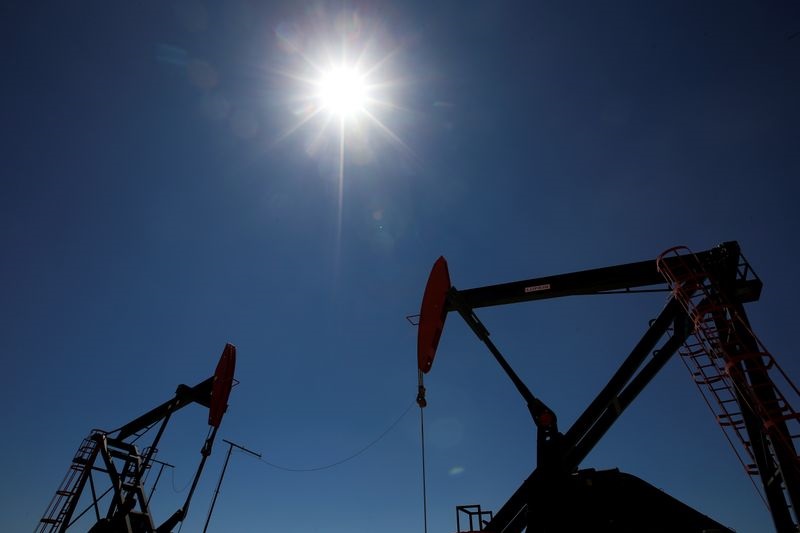The recent escalation in the Israel-Gaza conflict, following the October 7 attacks by Hamas on Israeli towns, has intensified global economic concerns with potential repercussions reminiscent of the 1973 Arab oil embargo. The World Bank warns that oil prices could spike to as high as $157 per barrel if the situation deteriorates further. In contrast, financial institutions like Goldman Sachs and UBS anticipate more stability in oil prices, forecasting a range between $90 to $100 per barrel over the next year.
The conflict has already left a stark mark on the local economies of Gaza and the West Bank, with the International Labour Organization (ILO) reporting significant job losses amounting to 61% or 182,000 jobs in Gaza and 24% or 208,000 jobs in the West Bank. This exacerbates the severe deprivation faced by these communities. Despite the ongoing turmoil, businesses in Sderot, Israel, are maintaining their operations.
The geopolitical tensions have not only affected the Middle East but also recall the disruptions caused by the Russia-Ukraine conflict in early 2022. That earlier conflict had a profound impact on global commodity markets, particularly affecting Ukraine’s wheat and corn exports due to Russian blockades of ports and causing price surges in aluminum and palladium due to Russia’s pivotal role in their production.
This article was generated with the support of AI and reviewed by an editor. For more information see our T&C.
Read the full article here




